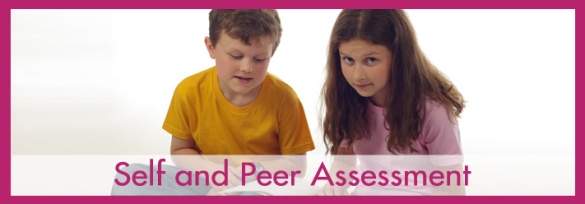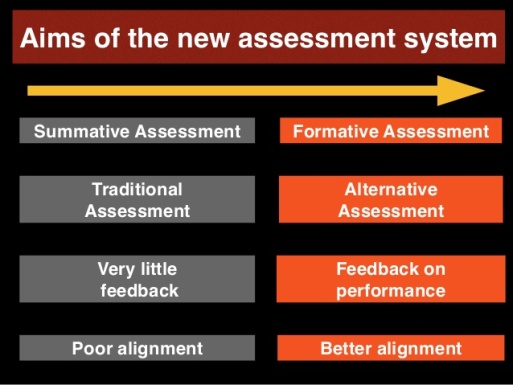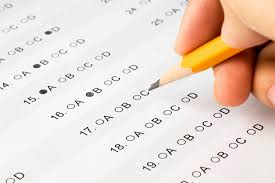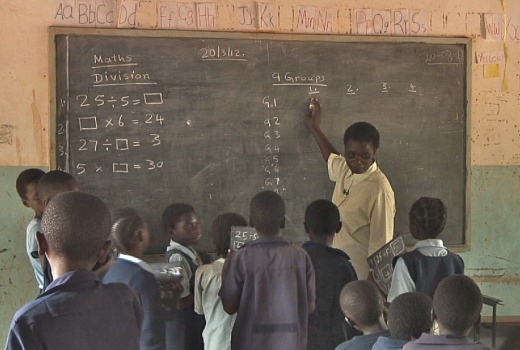Module 4: Assessment Planning and Construction; Reporting and Feedback
https://www.google.com.ph/url?sa=i&rct=j&q=&esrc=s&source=images&cd=&cad=rja&uact=8&ved=0CAcQjRxqFQoTCOnG-JeI78YCFWF7pgodEmAPrA&url=http%3A%2F%2Fwww.ucalgary.ca%2F~dmjacobs%2Fportage%2Fsld006.htm&ei=G7ivVanNEOH2mQWSwL3gCg&bvm=bv.98197061,d.dGY&psig=AFQjCNEC0_dTp52qij715YJDxrUgaovJiQ&ust=1437665684005970
“In my two years’ experience as an educator, NOT ONCE have I done a Table of Specifications. It wasn’t introduced to me until this week. I find it HELPFUL for me as a teacher, and I think it would have been helpful to my students too…
At the beginning it may be troublesome, but when it becomes a habit and when the teachers learn it by heart, then AUTOMATICITY will be developed.”
– by Benjienen Toledo– Friday, 17 July 2015, 9:56 PM
This struck me because I suddenly got concerned about the many teachers out there who may also be missing out on the benefits of the Table Specifications (TOS).
I believe that the TOS will actually make the teachers’ job easier. With the Table of Specifications as their guide, it will aid them to carefully and systematically design the test; align test items with the course objectives, ensure that what will be tested is aligned with what was taught; easily identify what topics to include in the test and the corresponding number of items or points per topic; ensure that percentage of items in the test is parallel to the emphasis given to it during instruction; properly distribute the questions across the cognitive levels; and decide on the total number of test items considering the time.
The TOS can be used, together with lesson plans, to help the teacher truly align assessment with objectives, instruction, and outcomes.
Without the TOS, mismatches and issues of validity are likely to occur which will adversely affect the teachers’ performance and the students’ learning.
Source:
EDS 113 Module 4: Assessment Planning and Construction; Reporting and Feedback. Retrieved from http://myportal.upou.edu.ph/mod/forum/discuss.php?d=143055








